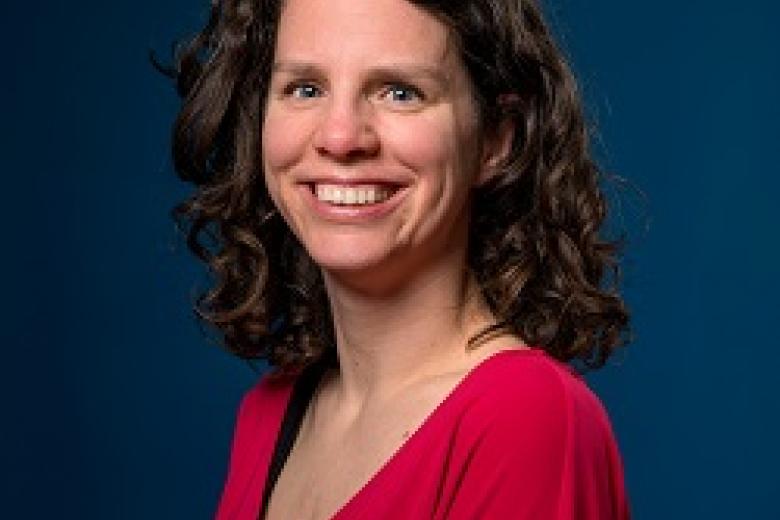Learning from research: how does that work?
In 2008, Maastricht University (UM) initiated a new educational programme providing bachelor’s (undergraduate) students the opportunity to conduct academic research for an extended period of time. This unique initiative is described in the book ‘Research-Based Learning: Case studies from Maastricht University’, written and composed by Ellen Bastiaens, Jonathan van Tilburg and Jeroen van Merriënboer, all from Maastricht University. The book covers the ‘Maastricht Research Based Learning programme for Excellence’ (MaRBLe), an extension of Maastricht University’s leading educational approach Problem-Based Learning (PBL). Small-scale and personal, PBL challenges students not only to learn their subject matter, but also to actively develop their talents and interests as well as skills such as self-reliance, assertiveness and problem-solving capacities. The book discusses the theoretical concepts behind Research-Based Learning (RBL), presents nine case studies and recounts the experiences with MaRBLe at Maastricht University. Target audiences are policy advisors, who are considering the implementation of RBL at their own faculty or institute, and programme or course developers. The authors offer an extensive array of approaches, experiences, reflections and best practices related to a number of disciplines. A must-read book for those who want to know more about RBL.
Research experience
In 2009, the first batch of 70 students enrolled in the MaRBLe programme at four different faculties. Consequently the number of MaRBLe students slowly, yet steadily grew into a diverse and challenging academic community. Approximately 500 students annually participate in the MaRBLe programme at six different faculties and in almost 20 research projects. During the programme’s implementation process the coordinators of the participating faculties frequently discussed the essence of Research-Based Learning (RBL) and approaches to implement RBL within the existing frameworks of the faculties’ curricula. Ultimately, this gave rise to a great variety of approaches to RBL. Although the designs vary, they are rooted in the same core principle, namely offering bachelor’s students a research experience in which the student goes through the full cycle of academic research.
Contents
The book is divided into three sections, with the first part of the book focused on the relevant educational concepts from various perspectives, increasingly zooming in on RBL and finally presenting a framework for interpreting the case studies. The second chapter elaborates on the origins of the MaRBLe programme by briefly touching upon the Bologna Process which defined principles for the European Higher Education Area followed by a short introduction into the ambitions of the Dutch Government to stimulate excellence in Higher Education Institutes in the Netherlands. Finally, this chapter discusses similarities and differences between PBL and RBL. Together with three educational models presented in the third chapter, a conceptual framework is outlined that assists in interpreting and positioning the case studies presented in the second section of the book.
This book shares the developed approaches, experiences and best practices after many years of experiences at Maastricht University and encourages the implementation of RBL in bachelor education.
Also read
-
PhD research shows impact of aggression on staff and patients in forensic care
Nienke Verstegen, researcher at De Forensische Zorgspecialisten, has conducted research on aggression within forensic care and its impact on patients and staff. On July 6, 2023, she will receive her PhD from Maastricht University with her dissertation ' Hurt people hurt people. Characteristics and...
-
No evidence of brain damage caused by severe COVID-19
Patients admitted to hospital due to a severe COVID-19 infection exhibit no evidence of brain damage caused by the disease. This is the conclusion of an extensive study led by Maastricht University.
-
Cold shivers?
Due to the Western lifestyle with a high fat diet combined with little exercise, more and more people in the Netherlands are overweight or even obese. This causes an increased risk of type II diabetes. What can be done about this besides a healthier lifestyle? The answer comes from an unexpected source...